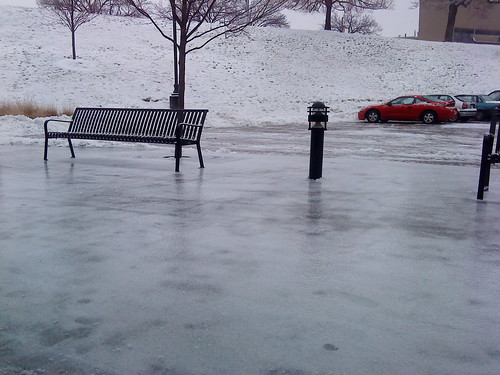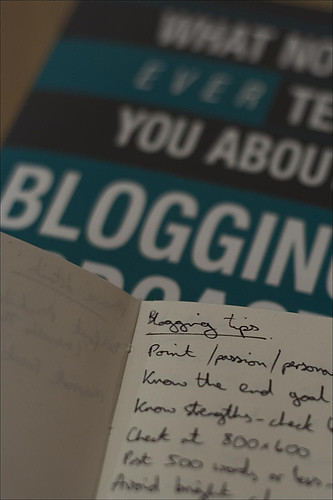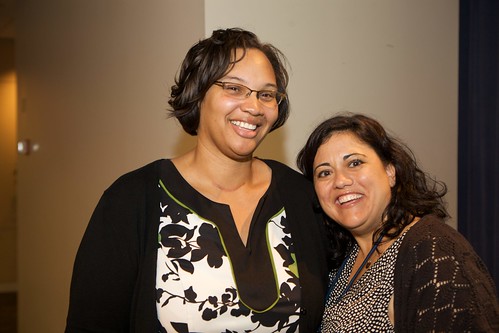Sure, there are times I feel as if a particular story is already in my head, but, more often, the story hasn't been lived in my own life yet so I have difficulties presenting it to the world.
Let me explain what I mean.
"Conquering Your Goliaths: A Parable of the Five Stones," was already written; all I needed was an initial idea and it was pretty smooth sailing. With the second book in the series (which, by the way started out quite differently, with an old man as the main character) I was hung up on the plot. Everything I put to paper seemed wrong, that was, until the day I met with my sisters and shared my dilemma.
Ideas flowed after that. The lunch with my sisters got me started. I knew that the main character had to be the same as the main character in the first book, and she needed a new problem in her life, a problem that would take her to an entirely new level of living and responding to life.
I knew I couldn't write the book the same way; meaning I didn't want to have five stones again, or the same background story getting the main character to the end of the book, but I wasn't sure what would come instead.
 |
| Photo by: simple up, courtesy of Flickr |
A pink cupcake was born.
Now, I'm not going to tell you the meaning of the cupcake. And I'm not going to take you through the plot I have so far (I want you to read the book after all) but I want to clue you in about how to create a great plot, at least the way I create a great plot.
- Try not to rush it. Allow the story to speak through you. If you don't know the entire plot when first undertaking a book, begin anyway, the entire plot will come.
- Keep a distance. Sometimes you need to experience a part of life before you can truly understand what a particular character is going through.
- If the idea for a new book isn't coming at all, do some waiting. Ask questions of those you trust. They just may have an idea that will work for you.
- Make sure you have a big enough problem to carry the main character through the book, and don't have the character solve their problem too easily. I use the 5 times rule. The main character tries at least 5 methods to overcome his/her problem. Not one of them works until try 5 or 6.
- If your book is a series, make it unique enough to stand on its own. You don't want your reader saying, "This sounds just like the first book." You want the books to connect but you don't want them to mirror each other in the same way you would look at yourself wearing the same outfit. Writing a series is sort of like looking at yourself in the mirror wearing a pink outfit, but the mirror shows you wearing a red one.
Do it right the first time.





































